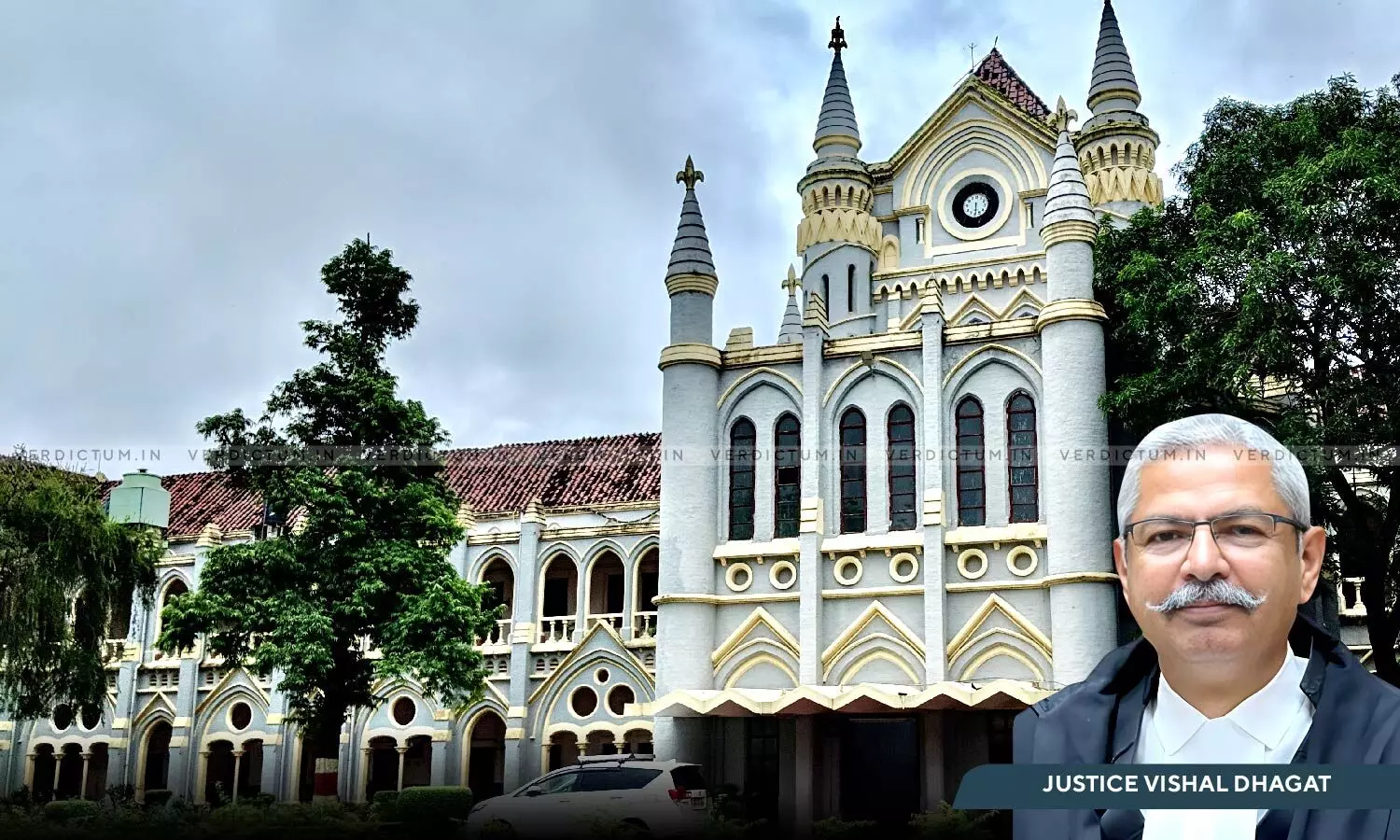
No Requirement For Accused To Surrender Or Be In Jail For Filing Criminal Revision: Madhya Pradesh HC
 |
|The Madhya Pradesh High Court upheld the applicant's right to file a criminal revision without surrendering or being in jail, and dismissed the application for exemption to surrender.
The applicant filed a revision against a judgment passed by the Additional Sessions Judge, which enhanced the applicant's sentence.
A Bench of Justice Vishal Dhagat held, “After careful scrutiny of Section 397 of Code of Criminal Procedure and also Rule 48 of Chapter X of M.P. High Court Rules and Orders, it is clear that there is no requirement of surrendering before Court and to be confined or in jail for preferring criminal revision before High Court. If applicant is not in confinement then also criminal revision is maintainable before the High Court.”
Advocate Anil Khare appeared for the Applicant and Advocate Akshay Namdeo appeared for the Respondent.
The applicant's counsel argued that the applicant should have been given notice before the sentence was enhanced, and raised substantial questions of law for consideration.
The counsel cited Section 397 of the Code of Criminal Procedure, 1973, which allowed the court to suspend the execution of a sentence or order and release the accused on bail, even if they are not in confinement.
The Court examined Section 397 of the CrPC and Rule 48 of Chapter X of M.P. High Court Rules and Orders, and concluded that there is no requirement for the applicant to surrender or be in jail for filing a criminal revision before the High Court. The Court added, “If counsel for applicant is able to point out any impropriety or illegality in the judgment passed by the Court below then High Court may exercise its jurisdiction and powers of revision to call for the records and examine the same. While passing orders for summoning the records for examination, High Court may direct execution of sentence or order to be suspended. Once order of suspension of execution of sentence or order to suspend judgment of appellate Court is passed then if accused/applicant is in jail, he is to be released on bail. If accused is not in jail then Court may order him to furnish bail bonds for his appearance before the High Court when required.”
The Court dismissed the applicant's application for exemption to surrender, as it found no requirement for surrender or remaining in jail for filing a revision.
The Court ordered the applicant to furnish a personal bond for appearance before the court on specified dates.
Cause Title: Sanjay Nagayach v. The State of Madhya Pradesh
Appearance:
Petitioner: Advocates Anil Khare and Tanvi Khare
Respondent: Akshay Namdeo
Click here to read/download Order